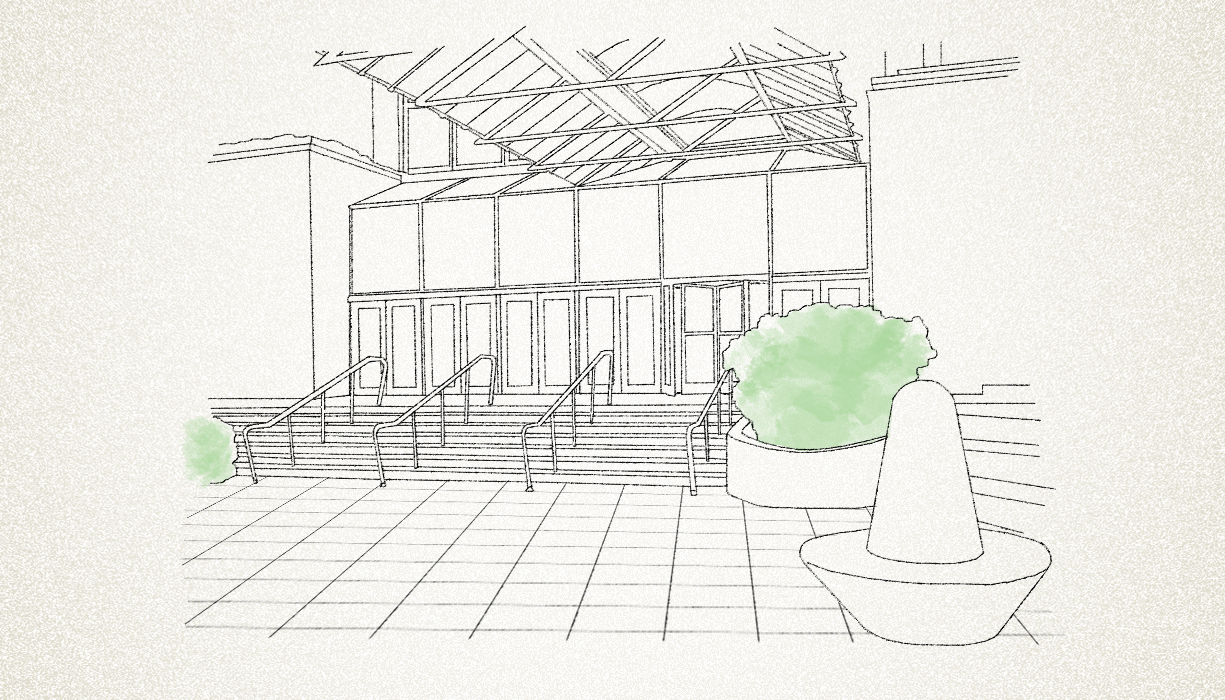Lang seminar style classes will meet on Fridays in 2019, eliminating the college’s three-day weekend.
Professors and administrators confirmed the “bell schedule change,” which many students first heard about in a popular Facebook post.
Most seminar style classes at Eugene Lang College meet twice a week: either on Monday and Wednesday or Tuesday and Thursday. According the Facebook post, administration plans to change class meetings to Monday and Thursday as well as Tuesday and Friday.
The original source of the post was an adjunct professor who wanted to remain anonymous, according to its author Kallie Quist, a sophomore studying literary studies at Lang.
Students who emailed administrators received identical responses. The New School Free Press obtained a copy of this email.
The administration aims to enact these changes for the 2019-2020 school year, according to the email signed by President David Van Zandt and Provost Tim Marshall.
Administrators will be accepting feedback from The New School community throughout the next year, so they “can address concerns in advance and minimize any conflicts,” the email said.
When reached for comment, Carrie Gray, associate director of Community Relations provided a statement from the university, saying the distribution of classes will allow for more flexibility in student’s schedules, create common hours for student and group work, and make better use of classroom space.
Empty classrooms in rented buildings is a problem for The New School. Space-related costs (including rent, real estate taxes and utilities) accounted for 23 percent of The New School’s expenses for fiscal year 2017, according to a presentation at a University Finances Town Hall on Oct. 27.
At the town hall, Chief Operating Officer Tokumbo Shobowale said that The New School annually pays $1 million in rent for each floor of the Vera List Center, at 6 E. 16th St.
“There’s a whole collaborative effort to think about how can we use our classrooms more efficiently. Make sure classrooms are full. Make sure that we use classrooms on Fridays. That may not be popular, but we’re talking about $1 million,” Shobowale said.
The university has been working to rely less on rented spaces, purchasing a building in Sept. 2016 for $153 million. While the building can’t be used for another ten years due to long term leases, Shobowale said the purchase would save the university $10 million a year once it’s in use.
“The commitment to the board is that in the long term, it’s going to be hugely beneficial, because we’ll be able to move out of some rented space, save a ton of taxes and rent, because the rent in this area is going up dramatically,” Shobowale said.
Both students and faculty have responded to this proposed change with confusion and frustration.
Jasper Skelton, an undeclared freshman, said it would be a “pretty huge burden” for students with long commutes.
“To ask commuter students who already have hour, hour and a half, two hour commutes to come to school earlier and stay later to me is ridiculous,” he said.
Hazel Vazquez, an undeclared freshman, said she didn’t want earlier classes. “I’d rather keep it the same way as it is right now,” she said.
Logan Magee, a freshman BA/BFA student at Lang and Parsons studying integrated design and non-fiction writing, did not understand the pushback on the schedule change. “I don’t get why people are upset. Students at Parsons aren’t guaranteed a three-day weekend,” Magee said.
Natalia Mehlman-Petrzela, an associate professor of history, expects faculty to have more of a say in these schedule changes. “I look forward to Faculty having greater input in whatever the ultimate rollout is,” Mehlman-Petrzela said.
David Bering-Porter, an assistant professor of culture and media, said these changes were announced very suddenly and that faculty wants to be a part of this discussion, as they were not consulted on the changes.
“We’re talking to the administration about how better to include a more wholesome conversation with both faculty, staff, and students,” Bering-Porter said.
Illustration by Ashlie Juarbe / Additional reporting by Jorge Romero







